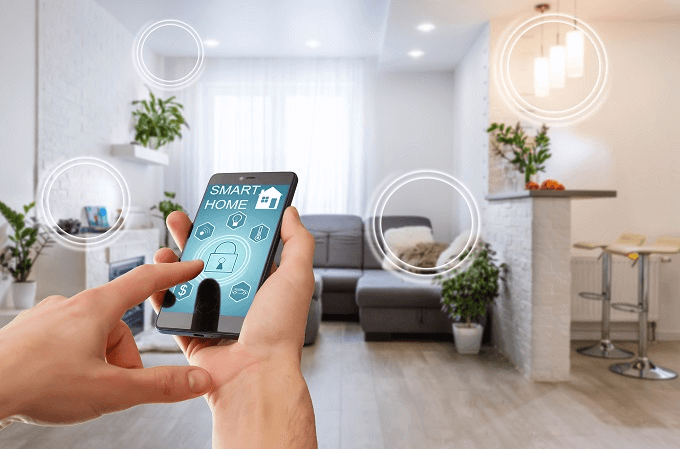With the advent of technology, homes are becoming 'smart' and more connected. From voice-activated assistants to automated lighting and security systems, smart homes promise convenience and efficiency. But the question on many homeowners' and businesses' minds is, how secure are smart homes? As we delve into this topic, it's crucial to understand the potential vulnerabilities and the steps that can be taken to enhance security.

Understanding Smart Home Technology
Smart homes integrate various devices and systems through the Internet of Things (IoT). These devices communicate with each other, often through a central hub or smartphone app, to optimize your living environment. The convenience is undeniable, but it also opens up potential security risks. Cybercriminals can exploit these interconnected systems, leading to unauthorized access and data breaches. It's essential to comprehend the architecture of smart homes to identify how security can be compromised.
Common Security Vulnerabilities in Smart Homes
While smart homes offer numerous benefits, they are not without their risks. Some of the common vulnerabilities include:
Weak Passwords and Authentication
Many smart devices come with default passwords that users often neglect to change, making them easy targets for hackers. It's vital to use strong, unique passwords and enable two-factor authentication whenever possible.
Outdated Software and Firmware
Manufacturers frequently release updates to patch security flaws. However, many users fail to install these updates, leaving their devices vulnerable to attacks. Regularly updating your devices is crucial to maintaining security.
Unsecured Networks
A significant risk factor is an unsecured Wi-Fi network. Without proper encryption, hackers can easily gain access to your network and the connected devices. It's advisable to use WPA3 encryption and regularly update your router's firmware.
Enhancing Smart Home Security
Securing a smart home requires a proactive approach. Here are some strategies to consider:
Invest in Robust Security Systems
Consider installing advanced security systems that offer features like motion detection, facial recognition, and remote monitoring. These systems can provide an additional layer of protection against intrusions.
Regularly Monitor and Audit Devices
Regularly checking your devices for any unusual activity can help detect potential security breaches early. Additionally, conducting periodic audits of your smart home ecosystem can identify vulnerabilities and necessary updates.
Educate Yourself and Your Family
Awareness is key to maintaining security in smart homes. Educate yourself and your family members about the potential risks and best practices for using smart devices. This knowledge can significantly reduce the likelihood of security incidents.
For more insights on integrating smart technologies into your home, check out this guide on setting up a smart home.
The Role of AI in Smart Home Security
Artificial Intelligence (AI) plays a significant role in enhancing the security of smart homes. AI algorithms can analyze patterns and detect anomalies, providing real-time alerts for potential threats. For a deeper understanding of how AI is transforming smart home security, explore this article on AI in Smart Home.
Conclusion
While the convenience of smart homes is undeniable, it's essential to address the security challenges they present. By understanding the vulnerabilities and implementing robust security measures, homeowners and businesses can enjoy the benefits of a smart home without compromising safety. To further enhance your smart home's efficiency and security, consider exploring the benefits of AI-powered smart home devices.

FAQ
Are smart home devices vulnerable to hacking?
Yes, smart home devices can be vulnerable to hacking, especially if they are not properly secured. Using strong passwords, enabling two-factor authentication, and keeping software up-to-date can help mitigate these risks.
How can I secure my smart home network?
Securing your smart home network involves using strong encryption methods like WPA3, regularly updating your router's firmware, and ensuring all connected devices have the latest security updates.
What role does AI play in smart home security?
AI enhances smart home security by analyzing data patterns, detecting anomalies, and providing real-time alerts for potential threats. It helps in proactive threat detection and management.

